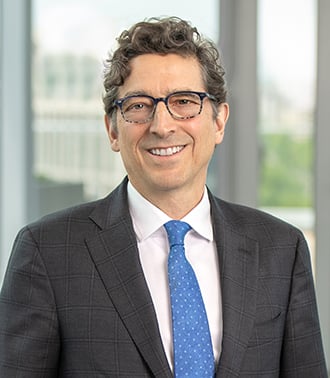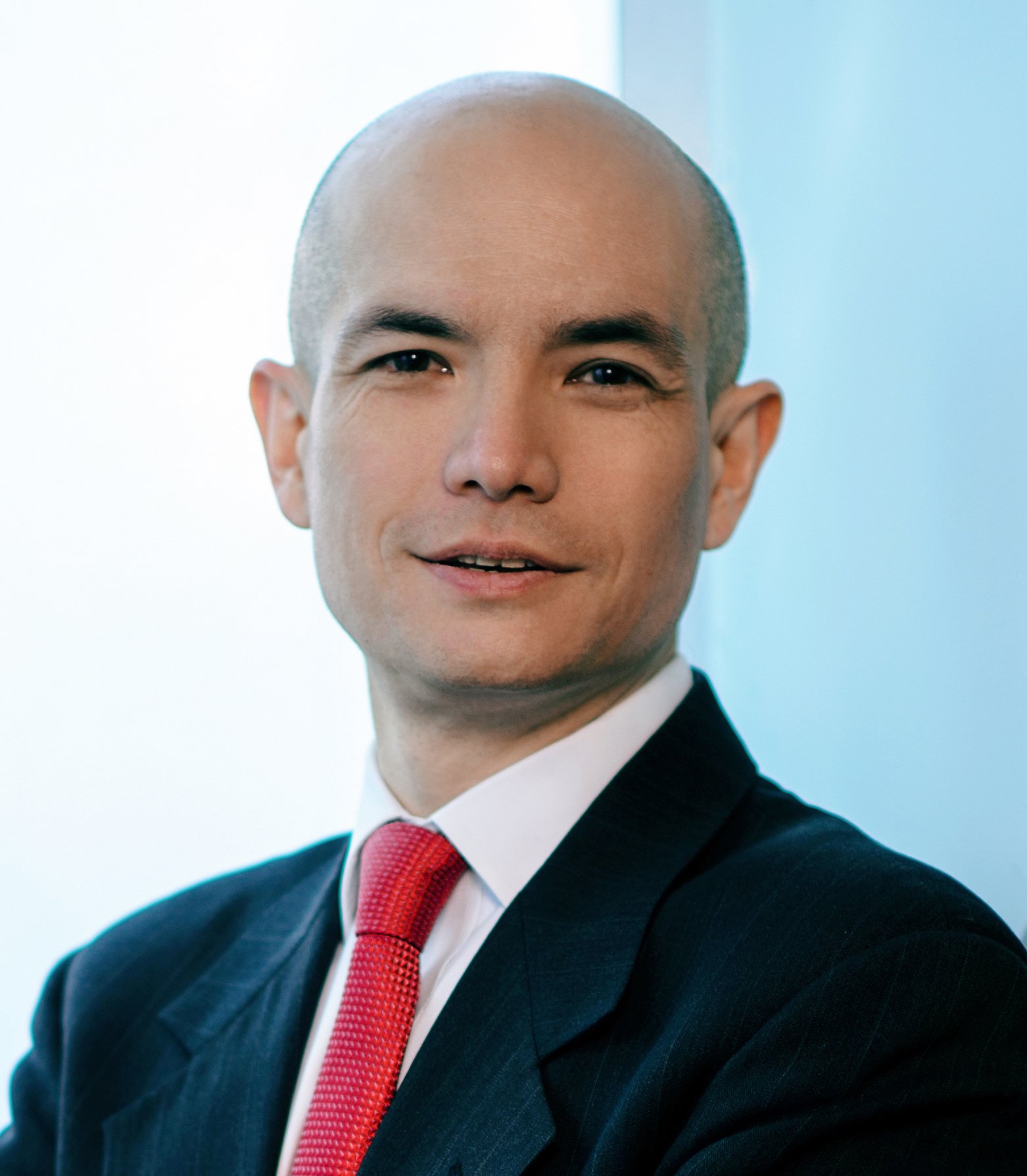Global Anti-Corruption Insights: Winter 2022
2021 ended up as a relatively quiet year for enforcement of the Foreign Corrupt Practices Act (FCPA) in comparison to the past couple of years, which delivered some of the largest settlements of all time. In 2021, the US Department of Justice (DOJ) entered into deferred prosecution agreements with two companies to resolve FCPA charges (versus eight in 2020 and seven in 2019), while the US Securities and Exchange Commission (SEC) resolved FCPA charges through administrative cease-and-desist orders with four companies (versus eight resolutions in 2020 and 13 in 2019). The DOJ has reported that in 2021, similar to recent years, it charged a couple dozen individuals with violations of the FCPA and other federal crimes, such as money laundering, for their roles in international corruption schemes. The SEC, however, did not bring any bribery-related FCPA charges against individuals in 2021 (in contrast to charges against two individual in 2020 and eight the year before).
Many have speculated about what’s behind the lower FCPA enforcement numbers. New leadership at DOJ and SEC? Covid? Maturing corporate compliance programs?
For what it’s worth, leading enforcement officials have cautioned against reading into year-over-year statistical comparisons. They claim that the “pipeline is strong” and international cooperation is reaching new heights. The White House, moreover, has unveiled a series of anti-corruption initiatives that may herald an increased use of the FCPA, anti-money laundering laws, sanctions, and other tools to combat international corruption—which the administration has characterized as a “core national security interest.”
Below we discuss enforcement actions, judicial decisions, and other notable developments from the second half of 2021, with an eye toward what lies ahead in 2022. For more on what happened in the first half of 2021, see Arnold & Porter’s Global Anti-Corruption Insights: Summer 2021.
FCPA Enforcement Updates
Enforcement Against Companies
DOJ did not bring any new corporate FCPA charges in the second half of 2021. For its part, the SEC entered into three new corporate settlements of FCPA cases in the latter part of the year. See Credit Suisse to Pay Nearly $475 Million to U.S. and U.K. Authorities to Resolve Charges in Connection with Mozambican Bond Offerings (10/19/21); SEC Charges World’s Largest Advertising Group with FCPA Violations (9/24/21) (announcing agreement by WPP plc to pay more than $19 million in connection with FCPA violations at its subsidiaries in India, Brazil, China, and Peru); SEC Charges The Kraft Heinz Company and Two Former Executives for Engaging in Years-Long Accounting Scheme (9/3/21). Notably, the Kraft Heinz case, which the company settled for $62 million, did not concern any allegations of corruption, and thus serves as a reminder of the breadth of the FCPA’s accounting provisions (namely, the internal controls and books-and-records provisions) that apply to public companies and their employees.
Criminal Enforcement Against Individuals
Consistent with statements from high-ranking DOJ officials about a focus on individual accountability for corporate crime, in the second half of 2021 DOJ charged numerous individuals under the FCPA and money laundering statutes for their alleged participation in international corruption schemes.
Many of the prosecutions concerned corruption in Latin America. In particular, DOJ continued to prosecute individuals for corruption at state-owned companies in Venezuela. See, e.g., Executive Arrested and Charged for Bribery and Money-Laundering Scheme (8/4/21); Colombian Businessman Charged with Money Laundering Extradited to the United States from Cabo Verde (10/18/21); Five Individuals Charged with Money Laundering in Connection with Alleged Venezuela Bribery Scheme (10/21/21). DOJ also brought money laundering charges against two brothers in connection with an FCPA case that the Brazil-based construction company Odebrecht settled back in 2016. See Panamanian Intermediary Pleads Guilty in Connection with International Bribery and Money Laundering Scheme (12/2/21); Panamanian Intermediary Extradited to the United States Pleads Guilty to International Bribery and Money Laundering Scheme (12/14/21).
Furthermore, in the second half of 2021, DOJ prosecuted numerous individuals under the FCPA in connection with alleged corruption in African countries. See Texas Woman Pleads Guilty to Schemes to Procure Adoptions from Uganda and Poland through Bribery and Fraud (11/17/21); Former Ericsson Employee Charged for Role in Foreign Bribery Scheme (9/8/21); Information, U.S. v. Frederick Cushmore, Jr. (11/3/21); Information, U.S. v. Anthony Stimler (7/26/21).
Judicial Decisions in FCPA Cases
Over the past few months, federal judges have added to the relatively sparse body of FCPA case law in connection with prosecutions of individual defendants. Most notably, in November, a judge in the Southern District of Texas granted a motion to dismiss FCPA and money laundering charges against a Swiss wealth manager accused of helping US companies launder bribes to employees of Venezuela’s state-owned oil company. United States v. Blueler, No. 4:17-cr-0514-7 (S.D. Tex. Nov. 10, 2021). The judge rejected the government’s argument that the wealth manager was acting as an agent of a “domestic concern” and therefore subject to the FCPA. According to this District Court judge, “[w]hen there is no allegation that an agent of a domestic concern acted unlawfully while in the United States, establishing that agency exists as the jurisdictional basis for a criminal charge requires direct evidence of an agency relationship, apart from other types of professional relationship.” The government has filed a notice of appeal and will likely challenge the court’s narrow construction of agency. For prior discussions of the fact-specific nature of agency in the FCPA context, see our coverage of United States v. Hoskins here and here.
In September, a federal judge in Brooklyn refused to set aside FCPA charges against a former banker who had been extradited to the United States for his alleged role in the massive bribery scheme involving Malaysia’s sovereign wealth fund, known as 1MDB. United States v. Ng Chong Hwa, 18-CR-538 (E.D.N.Y. Sept. 3, 2021). The judge found that the government’s indictment sufficiently alleged jurisdiction on the basis of Ng being an agent, employee, and/or stockholder of an “issuer” (Goldman Sachs) at the relevant time. The judge also held that the indictment adequately alleged that he had conspired to circumvent the issuer’s set of internal controls in violation of the FCPA. Ng is expected to stand trial this year.
In August, the US Court of Appeals for the First Circuit affirmed a Massachusetts federal judge’s grant of a new trial to Joseph Baptiste based on ineffective assistance of counsel in an FCPA prosecution. United States v. Baptiste, No. 20-1400 (1st Cir. Aug. 9, 2021).
Whistleblower Awards
The SEC awarded more than $3.5 million to a whistleblower whose 2012 tips regarding a bribery scheme involving Juniper Networks Inc. in Russia resulted in the company entering into a $11.7 million settlement with the SEC in 2019. See Whistleblower Is Awarded Over $3.5 Million in Juniper Bribery Case (8/10/21).
Restitution
DOJ announced that it began the process of remitting a total of $201 million in funds to various international soccer organizations that were the victims of a widespread corruption scheme. The initial distribution was for $32.3 million. See Justice Department Approves Remission of Over $32 Million in Forfeited Funds to Victims in the FIFA Corruption Case (8/24/21)
Policy Announcements
Following the White House’s June 3, 2021 Memorandum on Establishing the Fight Against Corruption as a Core United States National Security Interest, the Biden Administration continued to articulate its focus on anti-corruption, with a particular emphasis on Latin America.
- Attorney General Announces Initiatives to Combat Human Smuggling and Trafficking and to Fight Corruption in Central America (6/7/21)
- Justice Department Anticorruption Task Force Launches New Measures to Combat Corruption in Central America (10/15/21); see also Arnold & Porter: DOJ Announces Anticorruption Task Force Initiative Focused on Latin America.
- US Issues First Ever Strategy on Countering Corruption (12/6/21); see also Arnold & Porter: Biden Administration Releases First-Ever US Strategy on Countering Corruption.
In December, Arnold & Porter attorneys attended ACI’s 39th International Conference on the FCPA in Washington, DC, and recapped noteworthy panel discussions on our Enforcement Edge blog:
- “We Follow the Money,” “The Pipeline Is Strong,” “If We Find You, It Is Going to Be a Worse Result”: FCPA Enforcers Talk About the Past Year and What’s to Come (12/1/21)
- Assistant Attorney General Talks About DOJ Criminal Division Priorities, Where Resources Are Going (12/1/21)
- “We Are an Agency That Is Willing and Able to Work With the Corporate World”: UK SFO Director Lays Out Agency’s Mindset and Priorities (12/1/21)
- “A Provision We Rely on Pretty Heavily in the Anti-Bribery Area”: SEC Enforcement Official Discusses the FCPA’s Internal Controls Provision (12/2/21)
- Defending Your FCPA Compliance Program to the Agencies (12/2/21)
- “We’re Not the Only Game in Town, and That’s a Good Thing”: US Enforcement Officials Discuss Intensified Anti-Corruption Drive in Latin America (12/3/21)
- A General Counsel’s Perspective on the Pandemic, Compliance, Investigations, and Tone at the Top (12/3/21)
- Capping Off the ACI FCPA Conference: A Town Hall with SEC, DOJ, and FBI Officials (12/3/21)
Selected International Updates
United Kingdom: In October, Petrofac Limited, a British oilfield services provider, pleaded guilty to charges brought by the UK’s Serious Fraud Office (SFO) that the company failed to prevent former executives from paying bribes between 2011 and 2017. Petrofac agreed to pay £77 million ($104.6 million) in penalties for Bribery Act offenses in Iraq, Saudi Arabia, and the United Arab Emirates. See Serious Fraud Office secures third set of Petrofac bribery convictions. In December, however, the SFO suffered a setback in another case stemming from an investigation into the energy company Unaoil, when an appeals court overturned the bribery conviction of a former Unaoil executive.
Brazil: Although the “Operation Car Wash” scandal involving Petrobras has been winding down, in October Brazil’s Office of the Comptroller General and Attorney General’s Office announced a $27.8 million settlement with UK engineering company Rolls-Royce to resolve charges concerning the bribery of officials at Petrobras, Brazil’s state-owned oil company. This resolution comes on top of, and includes a credit for, a prior settlement that Rolls-Royce had entered years earlier with Brazilian federal prosecutors and enforcement authorities in the United Kingdom and United States.
China: The past year saw several policy developments related to the enforcement anti-corruption laws in China. For example, in September 2021, the Central Commission of Discipline Inspection (CCDI) and the National Supervisory Commission (“NSC”), together with other Chinese government organs, issued Opinions on Further Promoting the Investigation of the Acceptance and Payment of Bribes. The Opinions reflect increasing attention on the investigation of those paying bribes, not just those accepting bribes. Earlier in 2021, the Supreme People’s Procuratorate announced the expansion of a pilot program for corporate compliance reform. This pilot program, which launched in 2020, provides local procuratorates with the authority to negotiate with corporate defendants, defer prosecution, bring lighter charges, seek lighter penalties, or otherwise give credit for a company’s compliance commitments. Also this past year, the SPP, in collaboration with other Chinese government agencies, announced preliminary guidance on establishing a third-party evaluation mechanism for the pilot corporate compliance reform program.
OECD: In November 2021, the Organisation for Economic Co-operation and Development adopted a Recommendation of the Council for Further Combating Bribery of Foreign Public Officials in International Business Transactions. This Recommendation, which updates prior guidance from 2009, includes new sections “on key topics that have emerged or significantly evolved in the anti corruption area since 2009,” in particular:
- Addressing the Demand Side of Foreign Bribery Cases;
- Sanctions and Confiscation;
- Non-Trial Resolutions;
- International Co-operation;
- Protection of Reporting Persons;
- Incentives for Compliance; and
- Data Protection.
© Arnold & Porter Kaye Scholer LLP 2022 All Rights Reserved. This newsletter is intended to be a general summary of the law and does not constitute legal advice. You should consult with counsel to determine applicable legal requirements in a specific fact situation.






